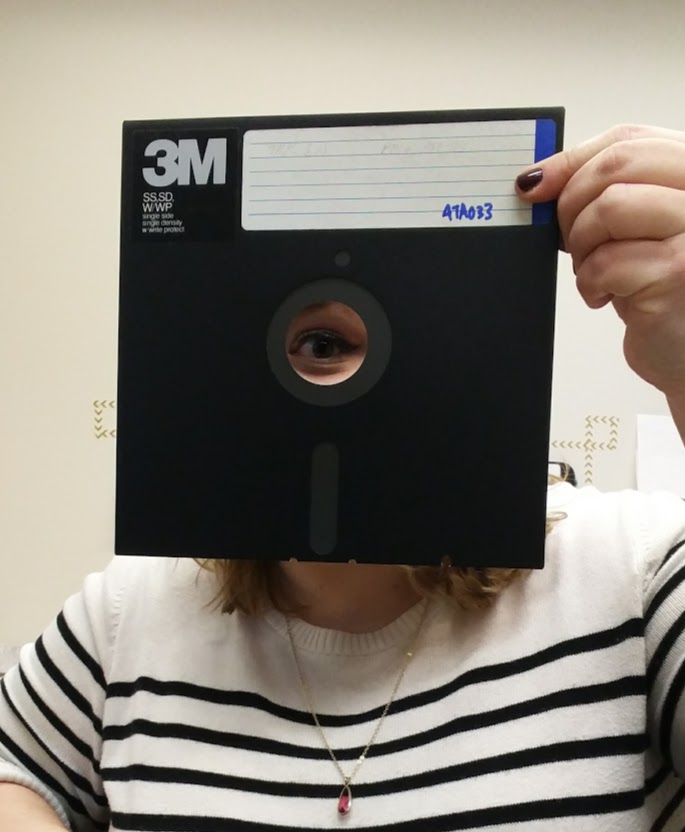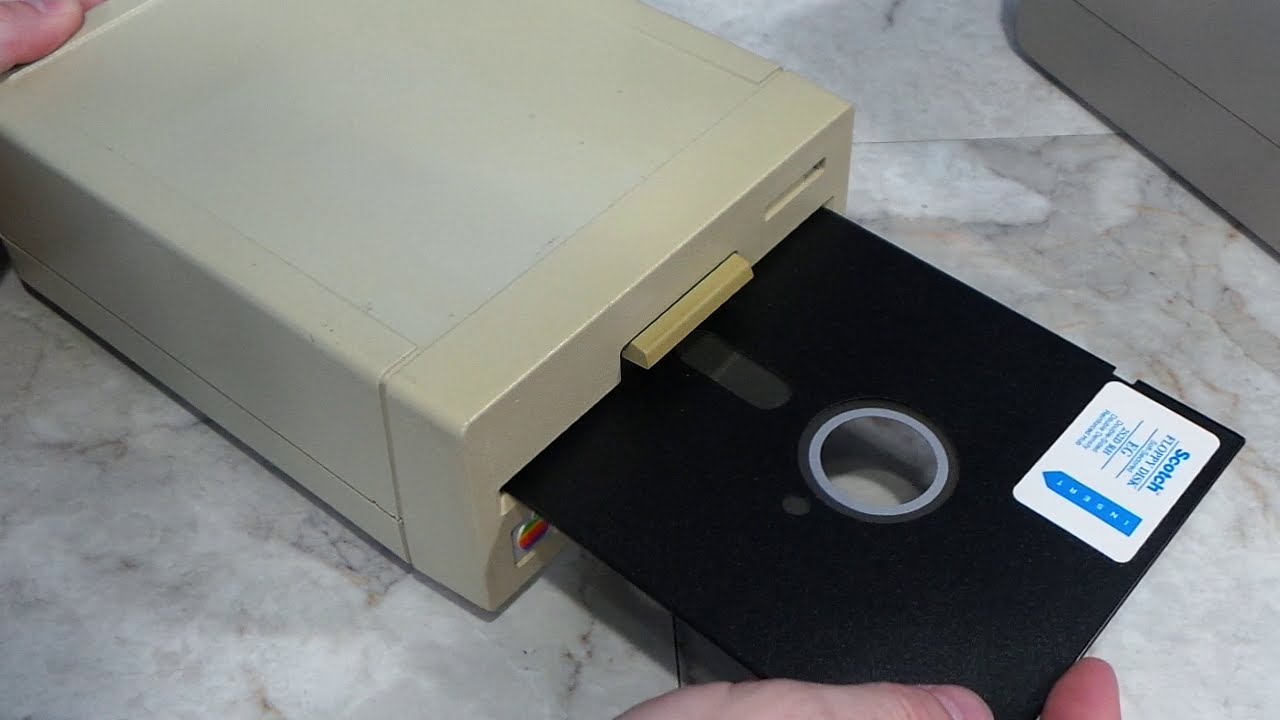
Goodbye to the Floppy Disk: Japan’s Digital Revolution
The Japanese government has finally put an end to the era of floppy disks, marking a major milestone in their campaign to modernise the country’s bureaucracy. After two years of efforts, more than 1,000 regulations and procedures requiring the use of floppy disks have been eliminated.
 An anachronistic technology
An anachronistic technology
Created in the 1960s, floppy disks were once a solution for information sharing in a pre-internet era. However, with the advent of more efficient storage technology, they have become increasingly obsolete. In fact, it would take over 22,000 standard floppy disks to match the storage of a single 32 GB thumb drive.
The Struggle to Give Up Familiar Tech
Japan’s reluctance to abandon familiar, older technology is not unique. In 2016, a report to Congress warned that the US Department of Defence was still relying on 8-inch floppy disks as part of a system that “coordinates the operational functions of the nation’s nuclear forces.” The DoD’s floppy disks were finally phased out in 2019 and replaced with secure solid-state drives.
A Niche for Floppy Disks Remains
While floppy disks may be a relic of the past, they still have a niche in certain industries, such as embroidery or avionics. “Those machines were built to last 50 years, and they’re only halfway through their useful life,” said Tom Persky, the owner of floppydisk.com. In some cases, floppy disks are still the most reliable option.
 The last time we really understood it
The last time we really understood it
As Japan moves forward with its digitisation efforts, it’s likely to turn its attention next to fax machines and the country’s penchant for paper filing. While the elimination of floppy disks is a significant step, Japan still faces many challenges in its quest for modernisation.
The Icon for Save
Floppy disks may be gone, but they still hold a certain nostalgic quality. As Tom Persky noted, “The floppy disk was sort of the last time we knew where our information was.” Even though technology has advanced, floppy disks remain an important demarcation of how far we’ve come. And who knows, maybe one day we’ll look back on them with fondness, just as we do with cassette tapes and vinyl records.
 Nostalgia for the past
Nostalgia for the past











